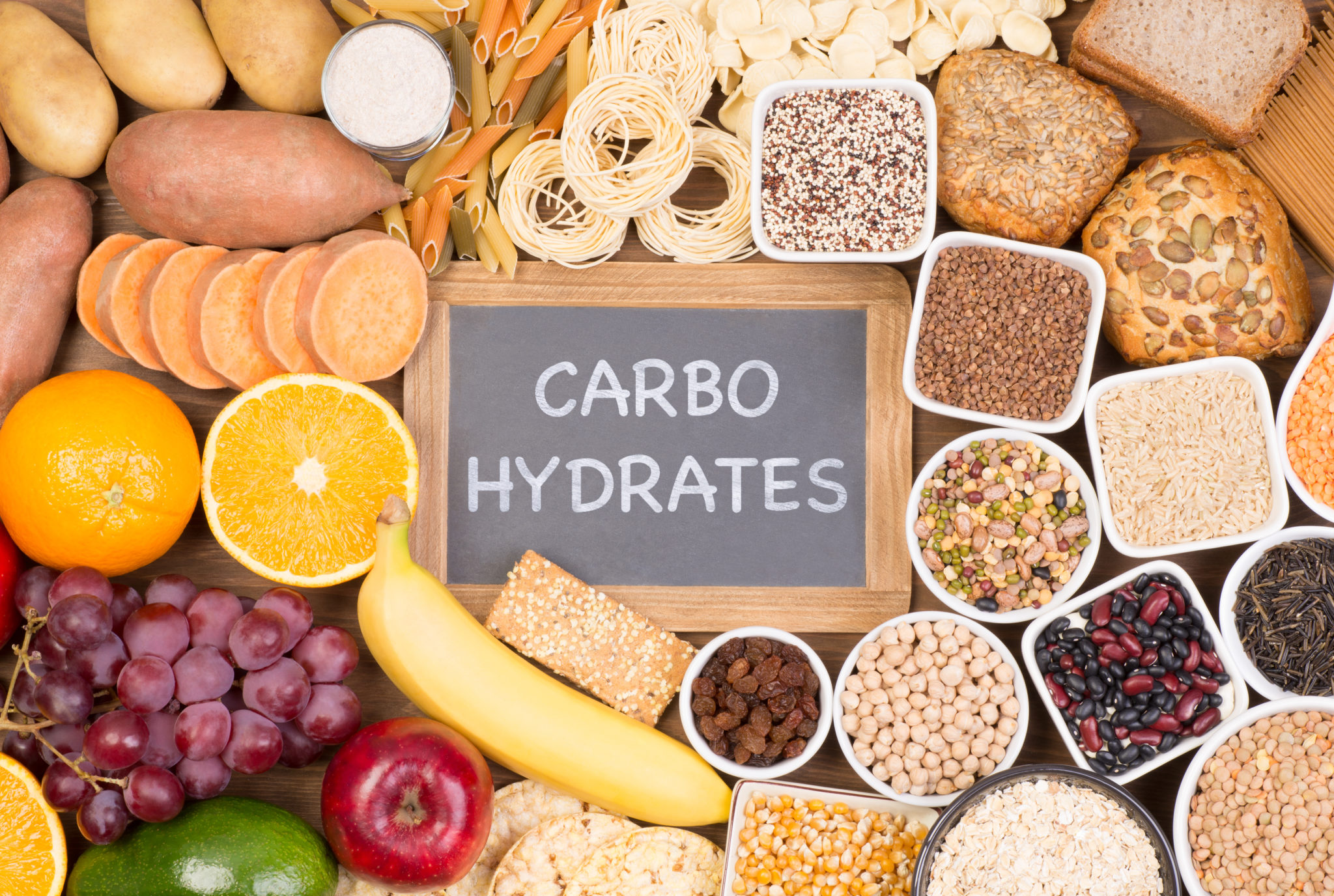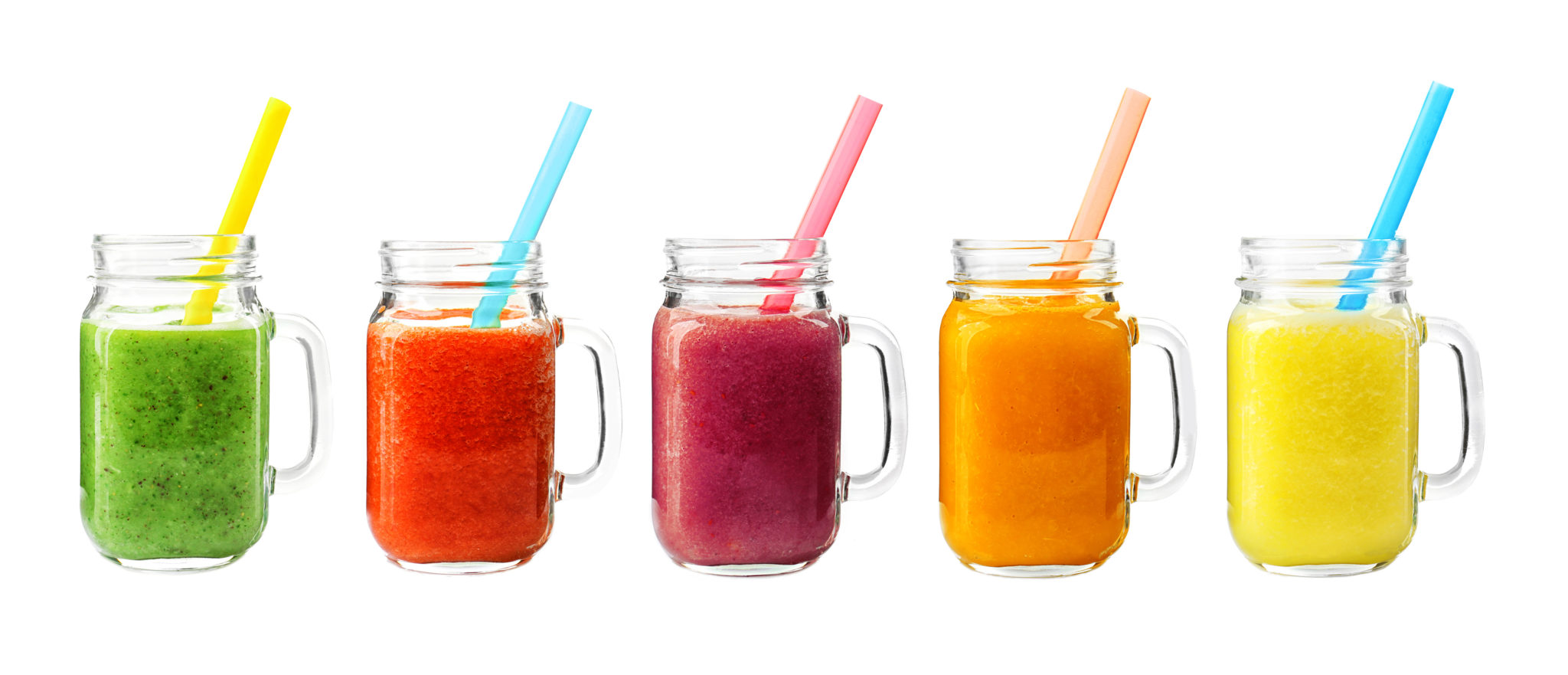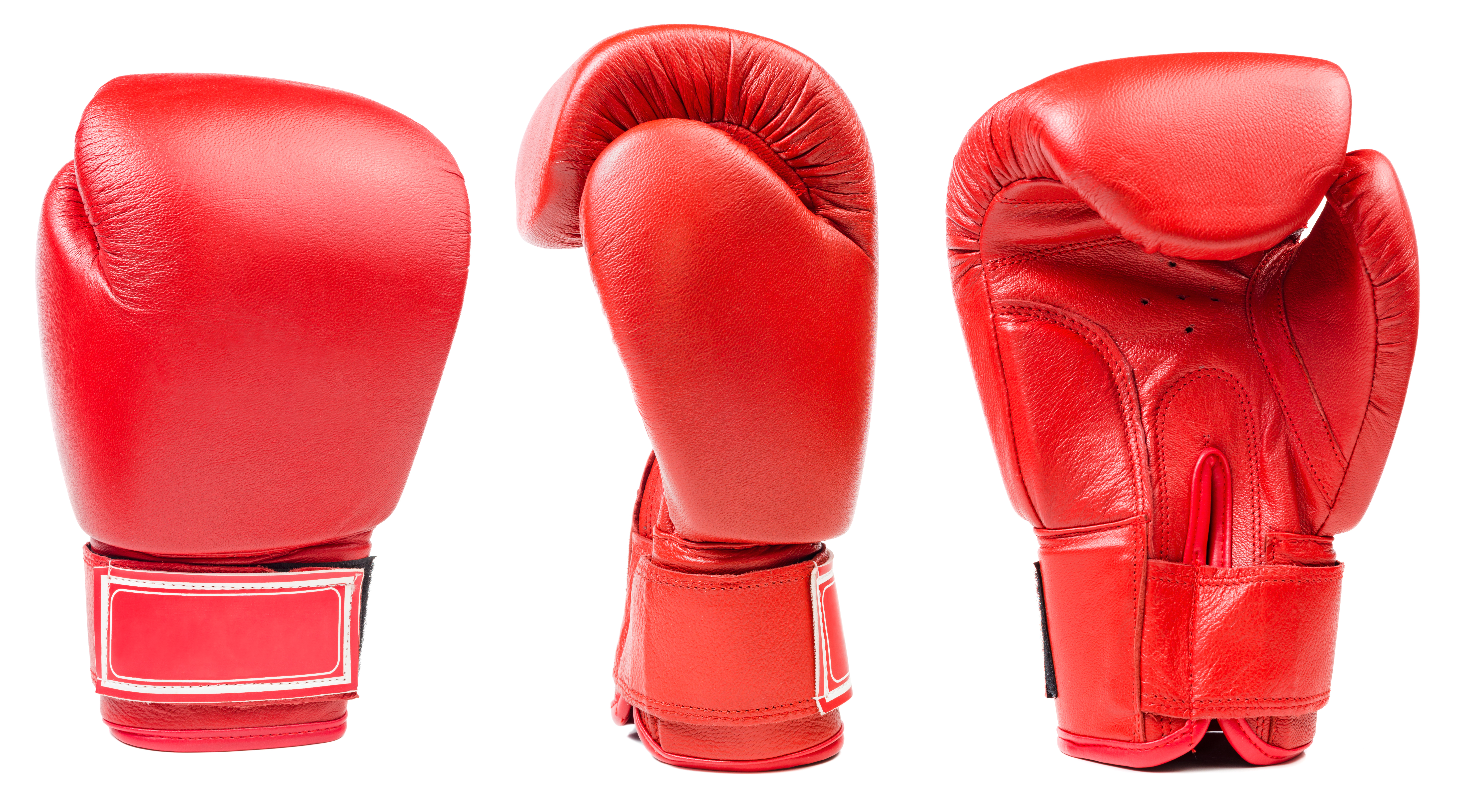Nutrition for Boxers
Some might not feel that boxing is a very cardio-heavy or physically demanding sport that requires an athlete’s diet, but that is far from the truth. It may look like boxers are just standing in one place for a couple of minutes at a time while throwing or dodging punches, but the stamina required to accomplish this takes just as much athleticism as a long-distance runner.
Introduction To Nutritional Needs For Boxing Training
Boxing is an intense sport that can burn through hundreds of calories in a single training session. Best practices include:
- staying hydrated
- taking in the right number of vitamins and minerals
- consuming enough carbohydrates
- managing protein intake before, during, or after a training session or boxing match.
Carbohydrates:
For example, when consuming carbohydrates, you need to differentiate between simple and complex carbohydrates. Think of simple carbohydrates as “bad” carbohydrates that could cause fluctuations in blood sugar and affect your training or match performance. That means simple carbohydrates might give you a little instant energy, but it takes it away as fast as it gives it. You might get a quick burst of energy for training, but you may end up crashing soon after.

However, that’s not to say that you shouldn’t consume carbohydrates at all for training. Complex carbohydrates found in fruits, vegetables, and whole grains, provide longer-lasting energy and should be consumed a couple of hours before training. Some of the complex carbohydrates suggested for athletes are whole grain cereals, brown rice, starchy vegetables, and beans.
For more serious boxers, making weight to fit into a weight class is important. That requires weight loss that only complex carbohydrates can provide compared to simple carbohydrates. Complex carbohydrates take longer to burn and help curb cravings by keeping you feeling full longer. When you consume complex carbs, you’re less likely to reach for any unhealthy snacks that could affect your training or boxing performance.
Protein:
When it comes to protein intake, you have a lot of options from lean beef to eggs. You could even derive proteins from dairy sources such as Greek yogurt or supplement sources such as whey. When you’re boxing, you’re putting a lot of fatigue and tear on your muscles. When your muscles aren’t properly nourished with proteins, you’re putting yourself at a higher risk of muscle damage in the long run. When you’re training you want almost half, if not more, of your diet to comprise of protein.
When you’re consuming fuel for boxing, the timing is important. Whether it’s a pre-workout meal, a mid-workout snack, or a post-workout meal, there are a few points we’ll cover later in this article that will help your boxing training.
Hydration Needs For Boxers
It should go without saying that no training, performance, or diet regimen is complete without the proper hydration. You will need to consume water before, during, and after training and boxing matches. Not staying hydrated will have a mildly detrimental, if not severe, effect on your training or boxing match performance.
If you don’t consume as much water as your body is using, then you can experience symptoms ranging from muscle cramps to lightheadedness. These symptoms can interfere with your training. Symptoms of more severe dehydration can include a complete loss of consciousness that might require emergency medical care if not taken care of quickly.
You can evaluate your water needs as you’re training to ensure you’re getting the right amount of hydration needed to replenish fluids you’re losing while training. A couple of hours before your training, you should aim for two cups of water. Then about a half-hour before training, you should, again, drink two cups of water. You should aim to drink one cup of water for every quarter-hour of training. Not doing so will not only affect your physical performance, but it will affect your cognitive performance as well.
Water helps you stay cool, keeps your blood flowing to the necessary parts of the body, and replaces sweat lost during boxing. Be sure to adhere to basic hydration guidelines for maximum performance.
Pre-Training Nutritional Needs For Boxers
Like any sport, boxing requires more than just practice and working out. Boxing requires methodically planned and organized meals to help you stay in shape and be the best you can be. You may have heard many people take about pre-training diets or carb-loading before and fail to understand how it works. Carbohydrates provide your body, or more specifically your muscles, with glycogen. Glycogen is the fuel your body burns while it works out. Because boxing is a high intensity & short form of exercise, a pre-workout diet that is high in carbohydrates will benefit your performance by improving your endurance. In addition to carb-loading, your pre-training diet should be high in protein.
Protein not only helps improve your performance during the training, but it also is responsible for increasing the creation of new muscle fibers, speeding up recovery time, and helping your body lean down excess body fat. When planning out your pre-training diet try eating your meal 2 to 3 hours before your training session so that your body is able to store the glycogen in the muscles. For longer days or days with higher intensities, it may be a good idea to carb-load the night before.
In addition to carb-loading, it’s extremely important to drink plenty of water before, during, and after your work out to ensure that you stay hydrated. It is recommended that you drink at least four to five glass of water before you start working out.
Floyd Mayweather reported that one of his go-to pre-fight meals was spaghetti with bolognese sauce. This meal may sound crazy to some; however, the spaghetti provides large amounts of carbohydrates for the body to store and the bolognese sauce is the perfect way to pack the meal full of lean protein and delicious flavor. Mayweather has his own personal chef, Quiana Jeffries aka Chef Q is a celebrity chef who prepares all his meal from scratch with organic food.
The Secret Ingredient Behind Floyd Mayweather’s Success
Another famous boxer, Anthony Joshua reportedly eats lots of fresh fruit either cut or blended in a smooth for a quick source of fiber and four to five pouched eggs, smoked salmon, and toast with green vegetables. Both of these options show a balance of complex carbohydrates, protein, and vegetables to help the body prepare for an intense training session or match.
Cornor McGregor enjoying his carbs while on vacation
Nutritional Intake During Boxing Matches
Many people feel or assume that they shouldn’t eat during a match. For some, their nerves cause an upset stomach that they fear will get worse if they eat anything. It’s important to eat food that is easy for your body to digest while you are in a match to keep you from feeling uneasy or weighed down.
Try eating foods that are light, low in fat and fiber to keep your body fueled while still avoiding that uncomfortable nauseous feeling. For workout sessions or matches that last less than thirty minutes, you can consider skipping a snack as long as you properly stocked up before the session. While working out or fighting in a match, it is important that you continually drink water. You should drink about a glass of water for every twenty to thirty minutes of exercise to prevent mild symptoms of dehydration.
Many professional boxers recommend eating liquid snacks such as smoothies or protein shakes. This type of food is light on your stomach and easy to digest. In addition to providing some quick pick me up, smoothies and protein shakes can be easy ways to increase your water consumption while you work out.

Post-Match Diet Requirements For Boxers
After your match, the most important thing for you to do is to help your body recover. In much the same way as the pre-training meal your post-match or training meal should contain carbohydrates, lean proteins, and lots of water. After a workout or match, it’s important to stretch, drink plenty of water and eat carbs and protein to help your body repair any tears in your muscles and help build new muscle fibers. Eating a meal at least thirty minutes after your match or training session can help your body recover faster and more effectively. Supplying your body with carbohydrates will help prevent fatigue from setting into your muscles which can lead to lactic acid build-up which is responsible for the soreness you feel after working out. Eating lean proteins can help your body restore any tears in your muscles by creating new fibers. You could try a combination of salmon and whole-grain toast, Greek yogurt and granola, and berries with quinoa.
This all might sound intimidating at first, but when following any new diet, the first thing you’ll want to do is talk to a doctor and consult with a nutritionist to find what works best for you. Everyone’s body works differently than everyone else’s. What works best for one person may not work well for someone else. However, if you take what you learned here and apply it to your workout in addition to what your doctor recommends for you, you can help your body and your boxing reach a new level.




